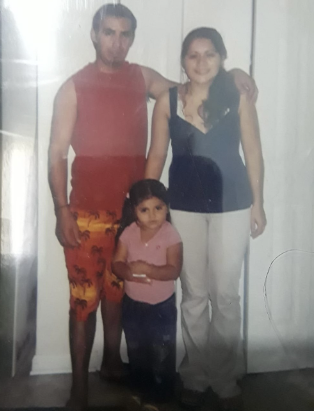
Angie Lizbeth Trejo Rivera is a current Junior at Cartersville High school; she is a sixteen-year-old girl who aspires to excel in all the honors and AP classes she takes. She is described by friends as strong willed, determined and straight forward. Ever since she was young, she had the reputation of being a child prodigy. Throughout her childhood her name was known in the Hispanic community for helping Hispanics whose first language is Spanish and were unable to understand English documents. Her parents’ country of origin is Honduras, and she grew up with independent Spanish speaking parents who were determined to have a great life in the United States. She is the perfect candidate for this interview as she firsthand dealt with all the struggles and pains that are accompanied with being the first person in your family to be a natural born citizen of the United States.
Q: for clarity, your parents were born in another country, and you were born in the United States right. (making her a first generation)
A: “Yes.”
Q: From what country are your parents?
A: “They’re both Honduran”
Q: And did you spend all your life here or did you move to Honduras at some point
A: “The first 10 years of my life I spent them here in Cartersville, Georgia, but then during middle school I had to move with my mom to Honduras.”
Q: Are both your parents currently here with you?
A: “Currently, I’m living with my dad. And I think it’s been around six years since my mom’s been in the US.”
Q: Why is your mother not currently in the US?
A: “You could say she was deported, or she did a willing leave”
Q: What do you think is the reason your parents came here.
A: “Well, Honduras is known as one of the most violent Latin American countries. There’s a lot of corruption, femicide and gangs. So, both of my parents decided to leave their home country because they wanted to build futures away from that type of influence.”
Q: what was the earliest memory you have of when your parents were struggling, and you had to help them
A: “I guess that would be when they would be kind of embarrassed of their English skills. So for like doctor’s appointments, or anything that involved legal papers, I was always their translator. Like I would remember that For my dad’s doctor appointments. He always would bring five year old me as his interpreter.”
Q: Is that how he got the reputation among the Hispanic community to be a translator?
A: “Yes, as long as I can remember people, family friends have always just like told my parents like ‘can we borrow Angie for two hours? We kind of need someone who can translate for us’. So that’s kind of how people knew me.”
Q: Did you ever doubt yourself and your abilities because your parents never gave you the reassurance you needed. (they might not have understood what you needed)
A: “Oh, well, I guess it’s understandable since they’re immigrants in this country. So there’s a lot of things that they think they know, but they don’t fully understand. Such as they always knew that they wanted me to study hard and work hard. And They would always tell me like, oh, you can get scholarships, this and that, get into college, but they don’t exactly know how scholarships worked. Or how difficult it is to get into college. So I kind of just had them motivating me but not really guiding me.”
Q: With the reputation you picked up did you ever feel like people expected way too much of you? (as a child)
A: “You could say that, sometimes I felt like I was given more credit than I deserved. Because the reason why I spoke English and Spanish fluently was because my parents kind of would always tell me that it would be a skill that I would need Once I got older. And I guess being compared to those people’s children who are embarrassed of speaking Spanish or weren’t really good at Spanish. Sometimes I would feel in an awkward position.”
Q: Did you ever find it was easier to communicate with other Hispanics that related to you rather than people who are not Hispanic
A: “Oh, during my elementary years, I had several friend groups with white kids, black kids, other Hispanic kids. But I guess switching to Spanish has always been kind of like a comfort for me. So even now, when I see another Hispanic whether they speak it or not. I just have kind of like the impulse to switch to Spanish when I talk to them, so I guess so.”
Q: Was being a first-generation child a factor in the way your personality is now?
A: “I guess so. Because since I’m not only a first generation, but I am my parents’ oldest child, and I have a younger sibling. I guess I kind of set the example. I have to be like the responsible one and I’m always expected to be independent and capable of doing things alone. So I guess that’s why I take things very seriously. And I kind of have to have the determination to do things because if I fail, you know, who’s gonna set the path for my younger sibling?”
Q: in what environment did you grow up in? (neighborhoods etc.)
A: “Growing up, I’ve mostly grown up in Hispanic neighborhoods here in Cartersville. Where like, all the people who lived around, knew each other. It was kind of like a Hispanic community. kind of like a big family. And I kind of like learned to view all those other kids kind of as like some type of distant relatives, even though I don’t have any other family members outside of my immediate family.”
Q: Did your own family treat you differently because you are a natural born citizen? (like the ones in Honduras)
A: “Yeah, back in Honduras, I got called like, gringa (white girl) or like, Producto americano (American product) and stuff like that. And I kind of felt outcasted at times. Because here in the US, I’m Hispanic, right? I have another ethnical background. Right. And when I went to Honduras, I thought, you know, I was finally going to be with people of my roots and origins, but even over there, when I would not know what something was or wouldn’t know why they had certain customs. Their excuse would always be like, Oh, you have to forgive her. You know, she grew up in the US. She doesn’t know what that means.”
Q: in what ways did being a first generation hinder you?
A: “Um, I guess I was always kind of behind other kids who weren’t first generation because they always had set what they wanted, like a lot of kids who had like, doctor or lawyer parents knew that when they grew up, they wanted to do the same. Meanwhile, me I didn’t really have a role model on what I would do with my future. Because even though my parents are hardworking, they knew that they wanted me to lead a more successful life than they did. So having to have that type of goal but not knowing how to complete that goal was kind of difficult I guess.”
Q: Though it had its bad sides, do you feel being a first generation was an informational experience that impacted you extremely? If so, then please give us examples.
A: “Um, I guess there was a good side to it because being a first generation, it taught me to be responsible, and I guess I see both worlds. Meanwhile, I am American and I have more advantage than some of my family members back in Honduras. I guess I also learned to be empathetic because if I felt like I struggled being a first generation, I can only imagine what immigrants or children who come to this country when they’re younger, or even adults who come looking for a better life in this country, they like must have struggled more than I did. Right. So I feel like that’s good side of it.”



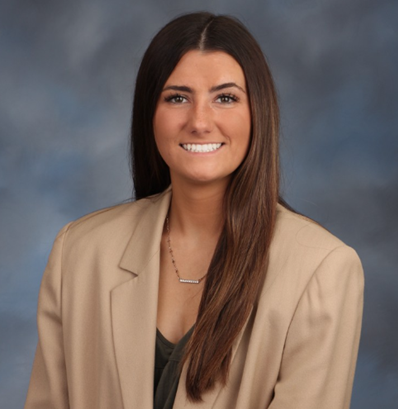
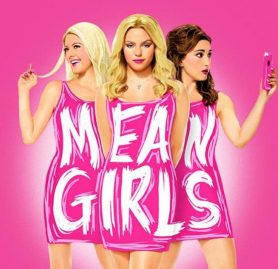
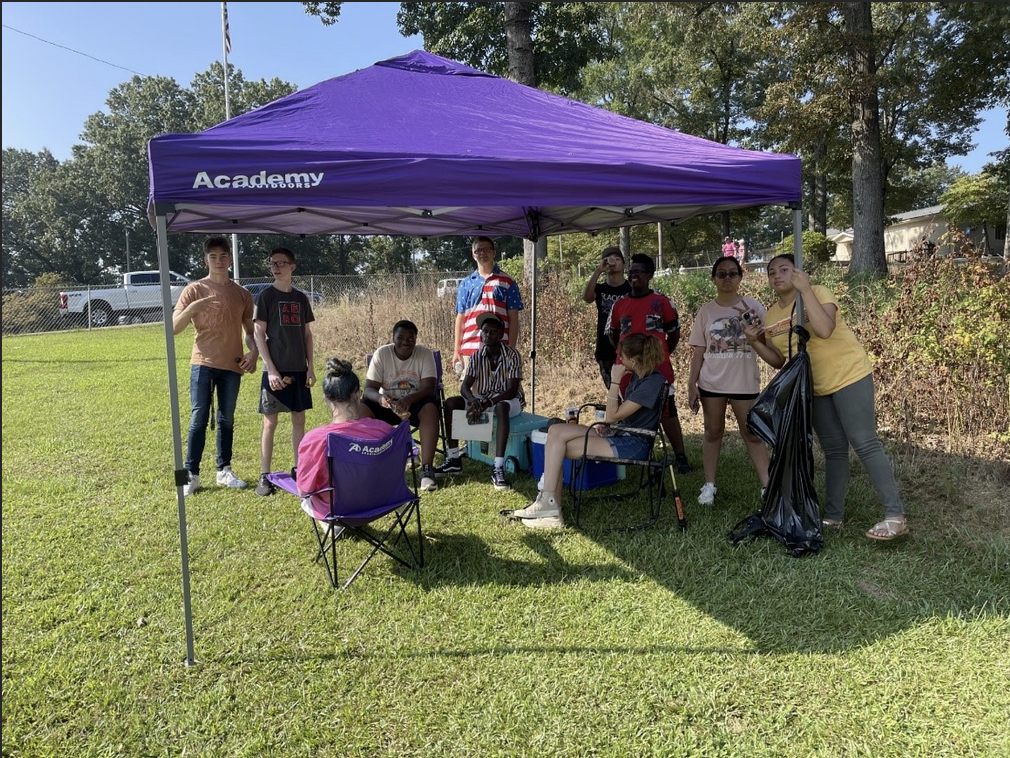
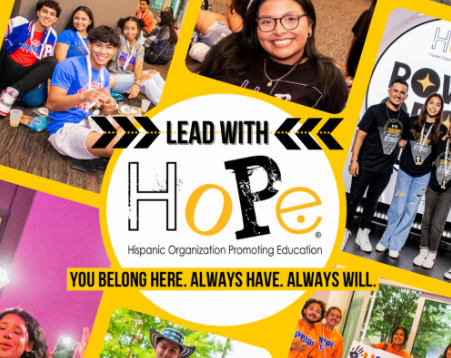
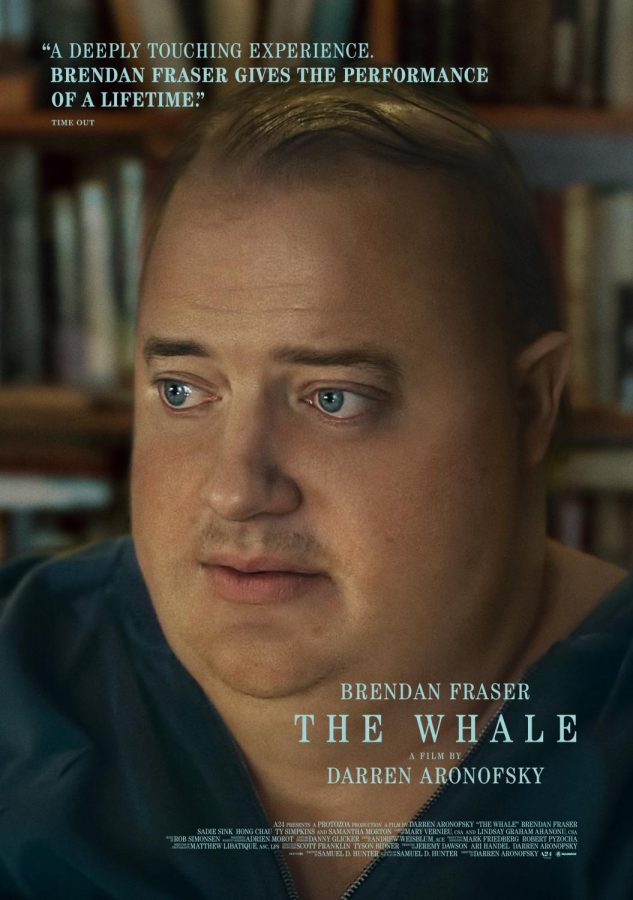







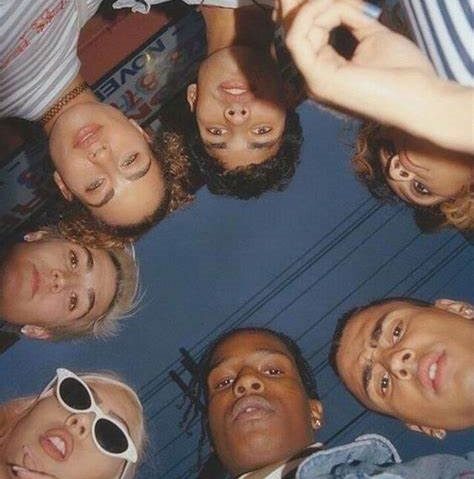

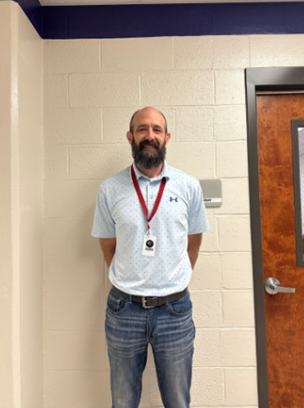
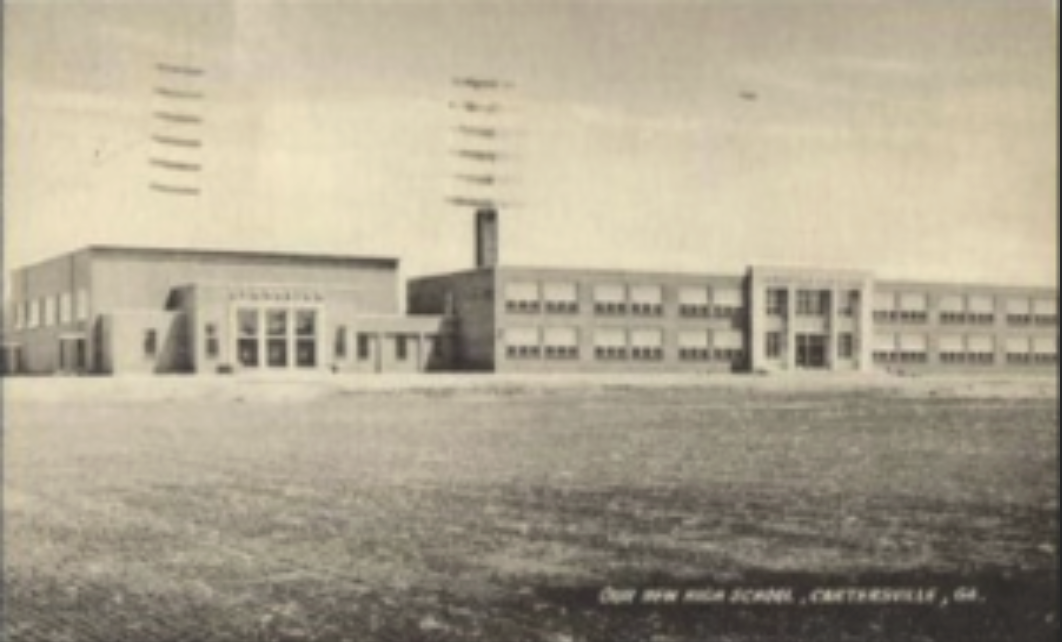
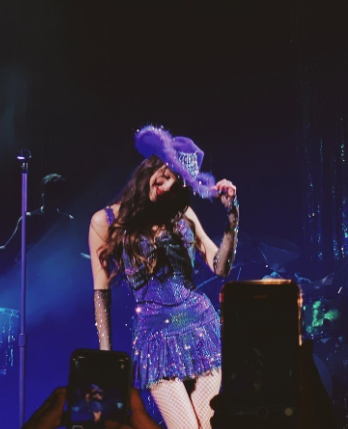
alexa • Sep 16, 2023 at 1:10 pm
This was an inspiring interview to read, I enjoyed reading about her journey.